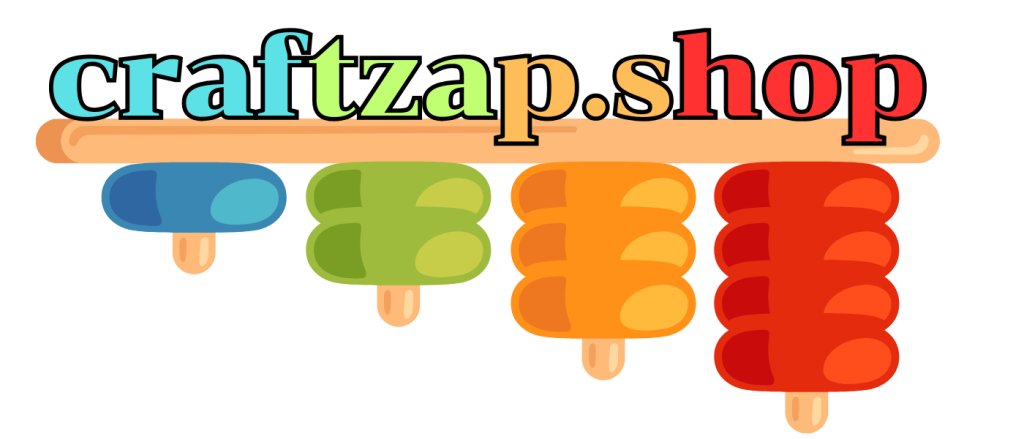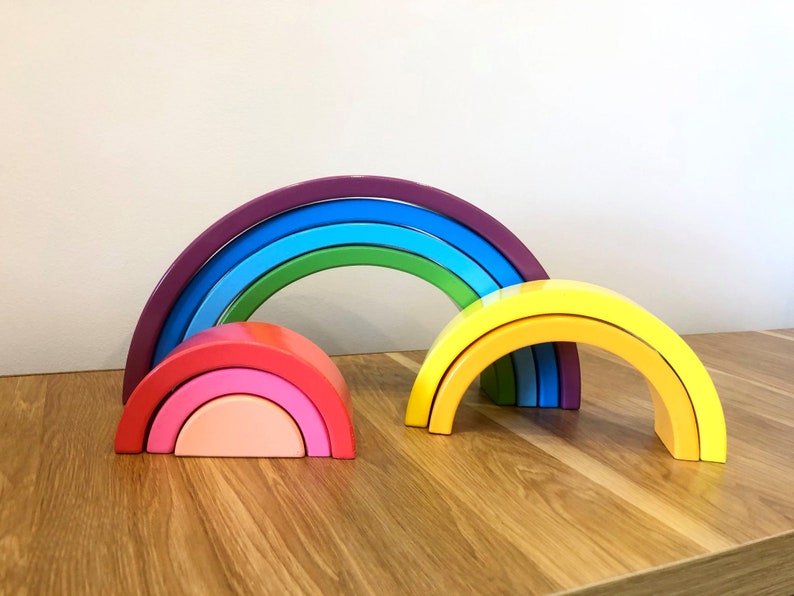News
The Eco-Friendly Benefits of Choosing Handmade Montessori Wooden Toys
In an age where sustainability is a growing concern, consumers are increasingly seeking alternatives to mass-produced items. Handmade products, especially those made with care and precision, offer a more eco-conscious choice. This is particularly true for wooden Montessori toys, which combine the timeless appeal of craftsmanship with a sustainable approach to play. These toys not only stimulate creativity and learning in children but also contribute to a healthier planet.
Here, we explore the eco-friendly advantages of choosing handmade wooden Montessori toys and why they’re a superior option for conscious consumers.
1. Reduced Environmental Impact of Production
Keywords: eco-friendly handmade, sustainable production, low-impact crafting, small-batch production
Why It’s Important: Mass-produced toys often require significant energy, water, and raw materials, leading to harmful pollutants and excessive waste. In contrast, handmade wooden toys are crafted in small batches or made to order, reducing waste and the environmental footprint. Artisans use minimal resources and avoid electricity-intensive machinery, ensuring a smaller impact on the planet.
Example: A small-scale artisan might craft a wooden stacking toy using sustainable timber and hand-finish each piece with natural paints, significantly reducing the environmental impact compared to large-scale toy factories.
2. Ethically Sourced and Sustainable Materials
Keywords: sustainable materials, ethical sourcing, eco-friendly raw materials, organic crafts
Why It’s Important: Many artisans prioritize using ethically sourced, sustainable wood for their creations. By choosing renewable resources, these artisans reduce environmental degradation and avoid using harmful, synthetic materials. Most handmade Montessori toys are biodegradable, recyclable, or made from responsibly harvested wood.
Common eco-friendly materials include:
- Sustainably sourced hardwoods like maple or oak
- Non-toxic, plant-based paints and finishes
- Recycled and reclaimed wood from local sources
3. Less Waste and Overproduction
Keywords: zero waste production, handmade minimal waste, sustainable production methods
Why It’s Important: Unlike large manufacturers that often produce excess stock leading to unnecessary waste, handmade toy makers produce only what’s needed or make toys to order. This approach significantly reduces the chances of overproduction and ensures a more efficient use of resources.
Example: A wooden toy maker may repurpose leftover timber to create smaller toys or accessories, ensuring that every piece of material is used without waste.
4. Lower Carbon Footprint
Keywords: low carbon footprint, local craftsmanship, handmade eco benefits, carbon-conscious products
Why It’s Important: Handmade wooden toys typically have a much lower carbon footprint than their mass-produced counterparts. By sourcing materials locally and crafting toys by hand, the supply chain remains short and carbon emissions are minimized. Consumers also benefit by purchasing directly from artisans, reducing the need for transportation and further lowering the carbon footprint.
Example: Buying a wooden Montessori puzzle from a local artisan means that the toy’s journey from creation to delivery is far shorter, resulting in less fuel consumption and lower emissions.
5. Eco-Friendly Packaging
Keywords: sustainable packaging, zero waste packaging, eco-conscious packaging, plastic-free handmade
Why It’s Important: Packaging is one of the major contributors to waste, especially with mass-produced goods. Handmade toy businesses often choose eco-friendly packaging solutions, such as recycled paper, biodegradable materials, and minimalistic designs that reduce waste.
Example: A wooden toy might be wrapped in recyclable kraft paper and shipped in a recycled cardboard box, ensuring that the packaging is just as eco-friendly as the product itself.
6. Support for Local and Sustainable Economies
Keywords: support local artisans, sustainable economies, community impact, handmade economy
Why It’s Important: When you purchase handmade wooden toys, you support local artisans and small businesses that often use sustainable methods in their production. This contributes to the local economy and fosters a sense of community while reducing environmental impact.
Handmade toy makers often buy materials from local suppliers and ensure that their production processes benefit the local ecosystem, strengthening sustainable economies and preserving regional craftsmanship.
7. Longer Lifespan and Durability
Keywords: durable handmade products, long-lasting crafts, high-quality eco goods, reduce consumption
Why It’s Important: Handmade wooden toys are crafted with care and attention to detail, resulting in products that are built to last. Unlike mass-produced toys that may break or wear out quickly, well-made wooden toys provide years of enjoyment, reducing the need for frequent replacements and minimizing waste.
Example: A handcrafted wooden train set can be passed down through generations, reducing the need for disposable toys and promoting a more sustainable lifestyle.
8. Personal and Emotional Value
Keywords: meaningful handmade products, emotional connection, personal value, eco-friendly lifestyle
Why It’s Important: Handmade wooden Montessori toys often carry a unique personal value. When you buy a toy, you’re not just acquiring a product; you’re supporting an artisan’s craft and fostering a meaningful connection to the item. This emotional bond encourages consumers to care for their toys longer, further reducing waste.

